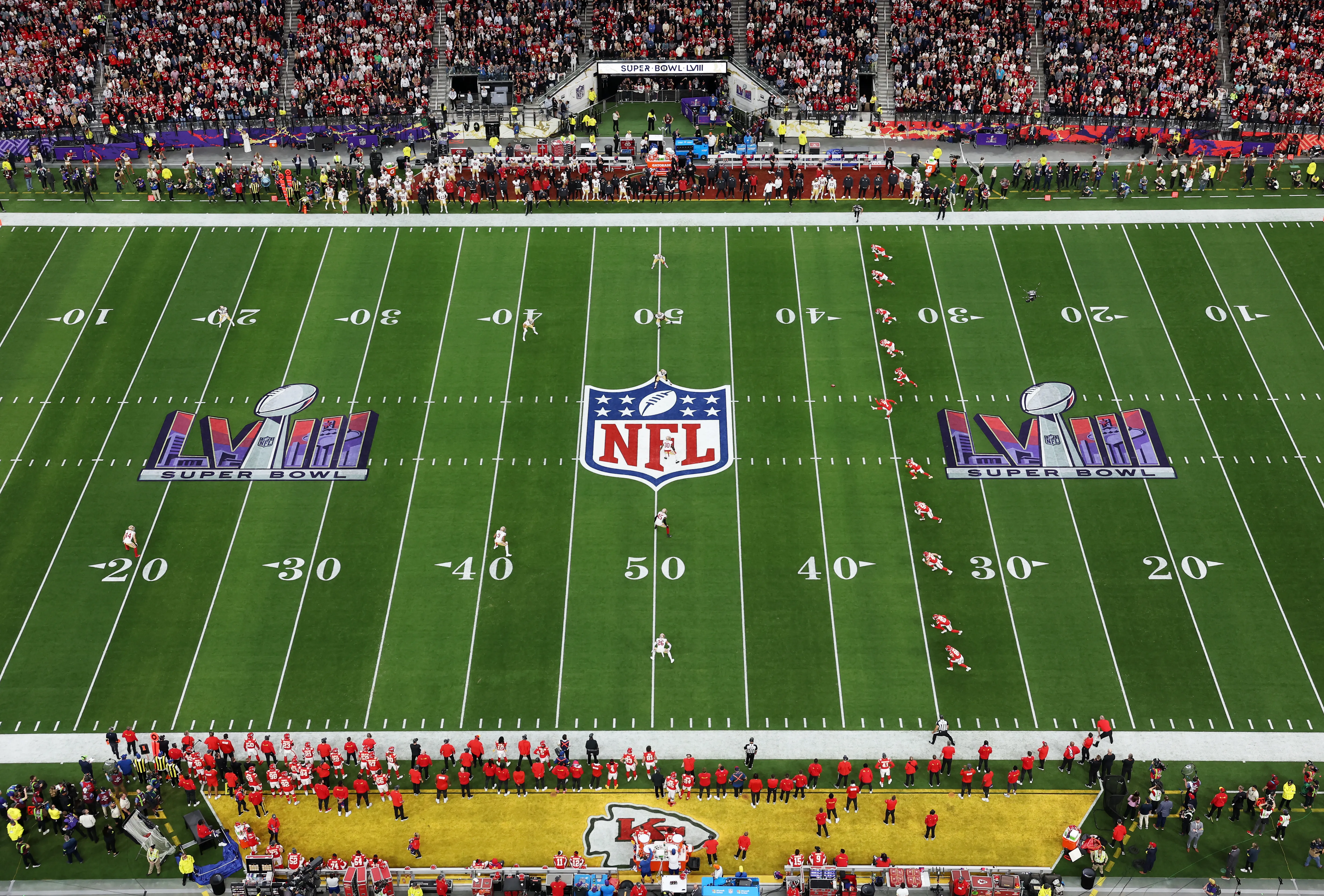When it comes to NBA scoring kings, this group is royalty.Many players have led the league in scoring, few have done so more than once, and one has done it 10 times.The newest member of that group of certified bucket-getters is Steph Curry, who on Sunday became just the 18th player in NBA history to win multiple scoring titles.Curry had 46 points against the Grizzlies to finish the season with an average of 32.0 points per game to win his second scoring title. That was enough to edge the Washington Wizards’ Bradley Beal, who averaged 31.3 points and missed three of the last four games of the season.Steph joins an exclusive list that includes names like Michael, Kobe, Wilt and these other legends….
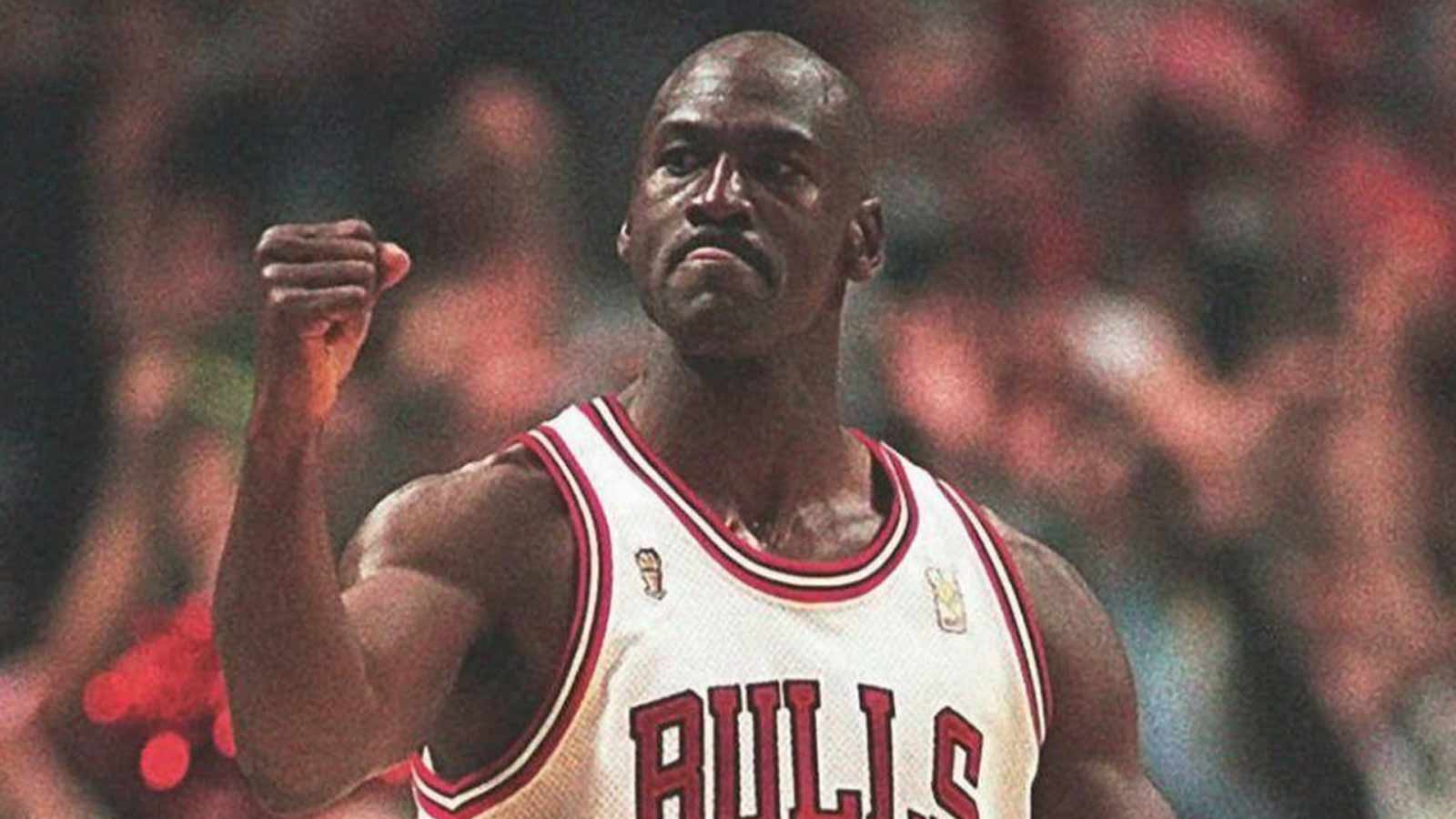
1987, 1988, 1989, 1990, 1991, 1992, 1993, 1996, 1997, 1998
The GOAT led the league in scoring 10 times, a record that will not be broken for a long time, if ever. That included seven straight seasons, a consecutive scoring title record he shares with Wilt Chamberlain, and a personal best of 37.1 PPG during the 1986-87 season, which is the fifth-highest average in NBA history (and highest ever by someone not named Wilt Chamberlain).
Jordan’s scoring-title streak was stopped only when he retired at the age of 30 to play minor league baseball.
When he returned late in the 1994-1995 season after a year-and-a-half hiatus, he averaged 26.9 points in 17 games. Had MJ played in enough games to be league-leader-eligible that season, that would have been fourth best in the league, despite any rust or stamina issues that may have resulted from being away from competitive basketball while trying to hit a fastball and shag fly balls for over a year (though he did steal 30 bases with the Chicago White Sox Double A affiliate!). Jordan finished his tenure with the Bulls by leading the league in scoring three straight years, becoming the oldest player in NBA history to win a scoring title, at age 34, by averaging 28.7 points in 1997-1998.
Safe to say, had Jordan not retired in 1993, he would have won 12 straight scoring titles. If making a list of the NBA’s all-time scoring king based on points per game, Jordan would be at the very top with a career average of 30.12 PPG.
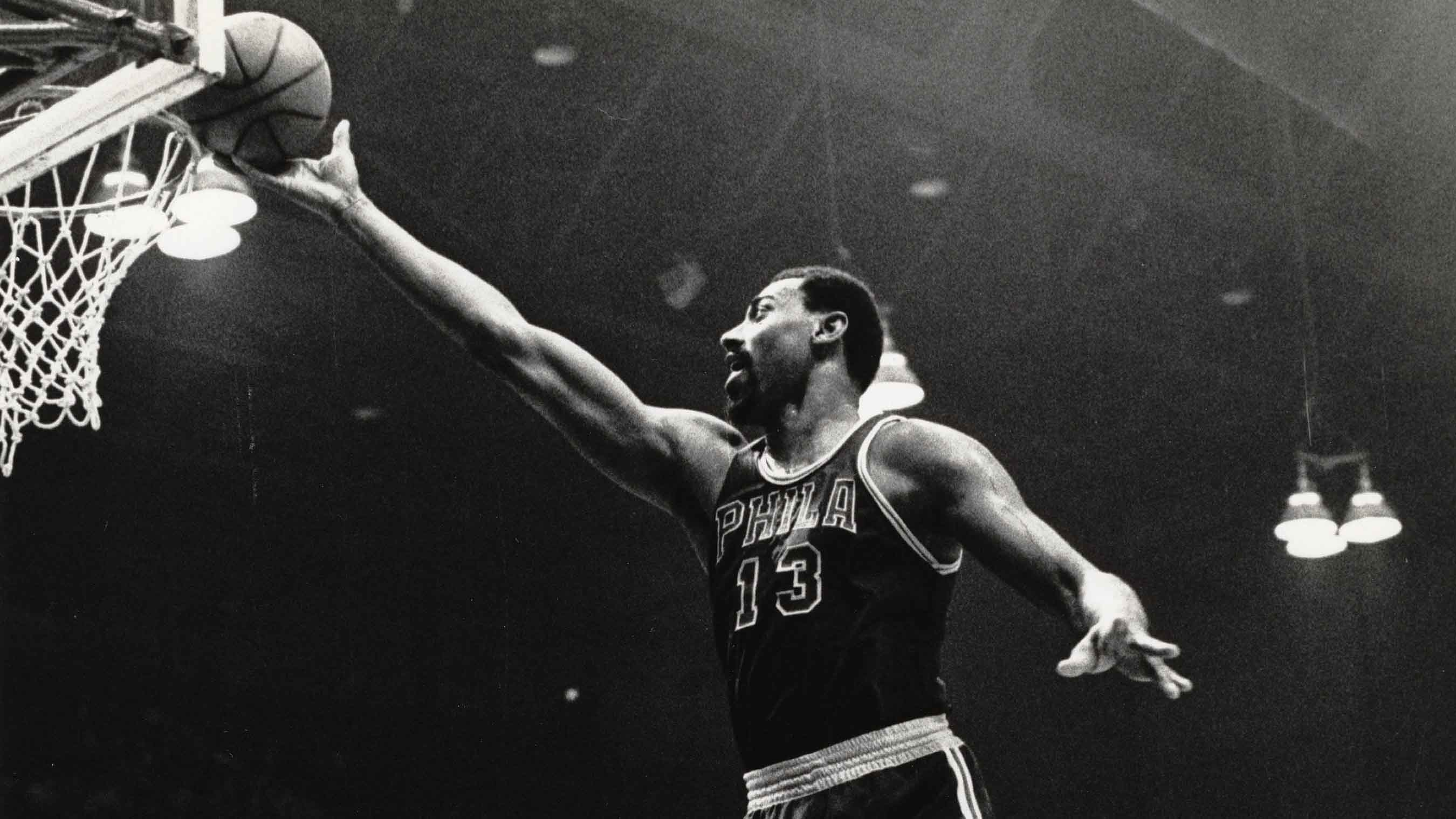
1960, 1961, 1962, 1963, 1964, 1965, 1966
If you think scoring 100 points in one game is impressive, imagine averaging 50 per game for an entire season. Chamberlain was an unstoppable force from the moment he stepped onto an NBA court. He averaged 37.6 points his first season (a rookie record), for the first of seven consecutive scoring titles.
During that seven-year span, he averaged 39.1 points per game while shooting 51.1 percent on 31.4 field goal attempts per game. That included an NBA-record 50.4 points per game during the 1961-1962 season, highlighted of course by his 100-point game. In the three games prior to that famous triple-digit scoring night, Wilt scored 67 points, 65 points and 61 points.
Chamberlain is the only other player in NBA history besides Michael Jordan to score more than 30 points a game in his career, averaging 30.07 points in 1,045 games.
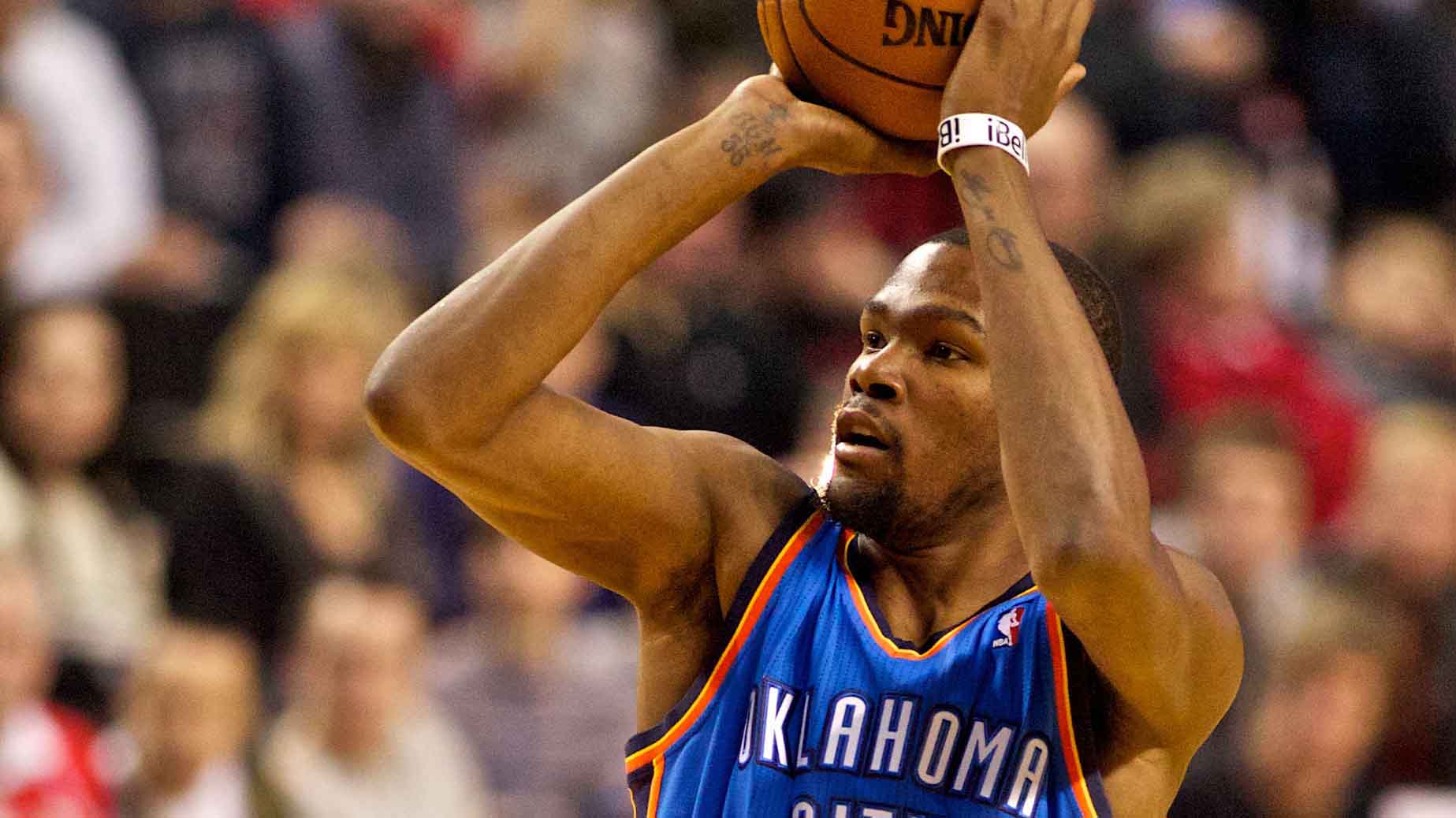
2010, 2011, 2012, 2014
KD captured his first scoring title in his third season, when he was just 21 years and 197 days old. That made him the youngest NBA scoring champion in league history, breaking the record set during the 1947-1948 season by Max Zaslofsky, who led the league in scoring at 22 years and 105 days old when the title was determined by total points scored.
That was the first of three straight scoring titles for Durant, who became the first player since Michael Jordan to lead the league in scoring for three consecutive seasons and is one of just eight players to do so. He’d add a fourth during the 2013-2014 season while averaging a career-high 32.0 points per game.
Durant’s current career average of 27.04 points per game is highest among active players (just edging out LeBron James’ 27.0 PPG), and the fourth highest of all time (Michael Jordan, Wilt Chamberlain, Elgin Baylor).
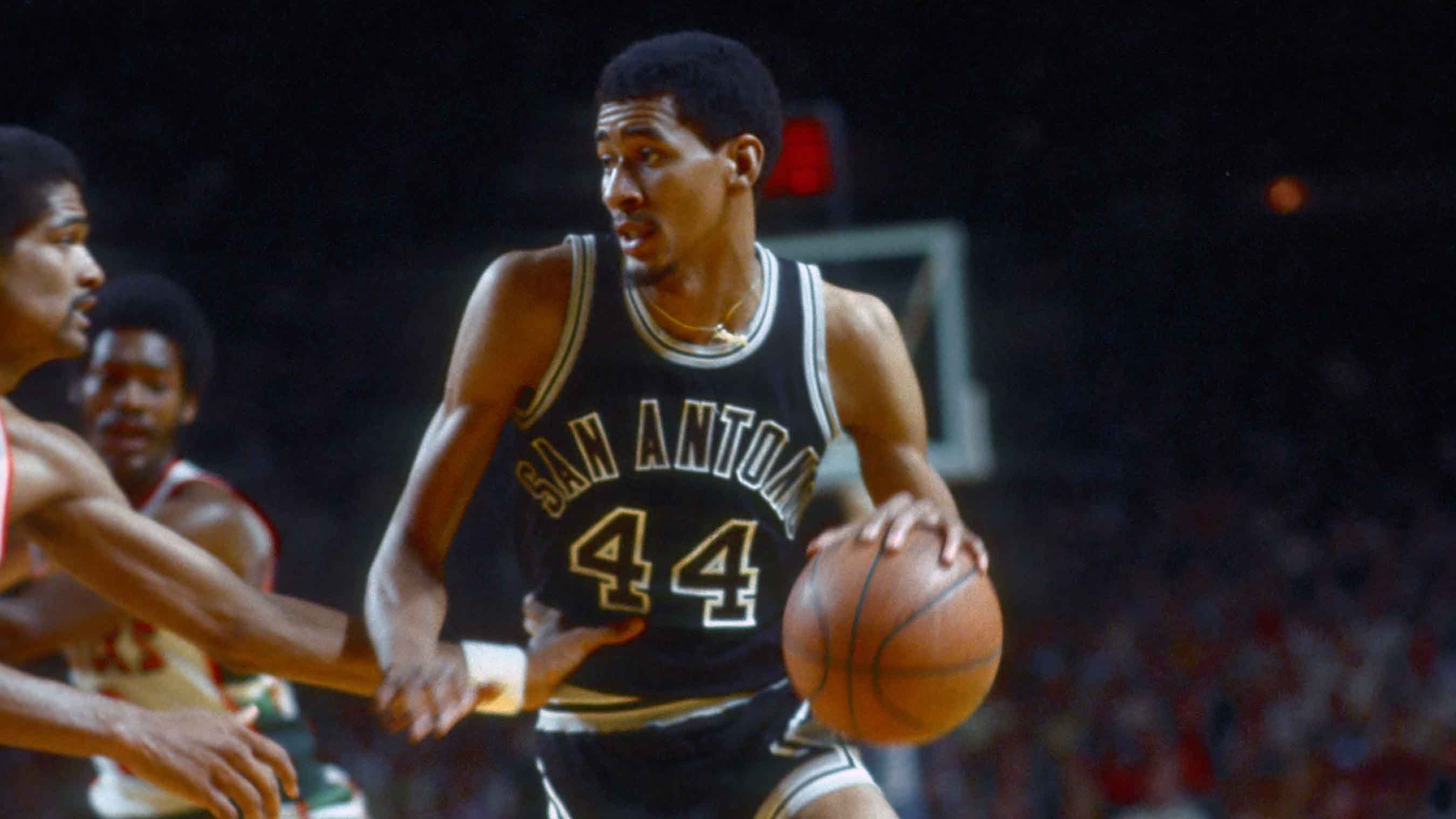
1978, 1979, 1980, 1982
The first scoring title for “The Iceman” came after what was perhaps the most thrilling finish to a scoring title race in league history. Gervin briefly lost his lead in the scoring race on the final day of the season when David Thompson dropped 73 points to pull ahead of Gervin by percentage points. Gervin entered his final game of the season later that day knowing he needed to score 59 points to claim the title. He scored 20 points in the first quarter and a then-NBA record 33 points in the second quarter. He finished with 63 points in 33 minutes (on 23-for-49 shooting), adding what he said were a few extra points to cover any potential miscalculations. That pushed his season average to 27.22 points per game, topping Thompson’s 27.15 to capture the scoring crown.
It was the first of three straight titles for Gervin, capped by a personal-best 33.1 points per game during the 1979-1980 season. He added a fourth in 1981-1982 by averaging 32.3 points.
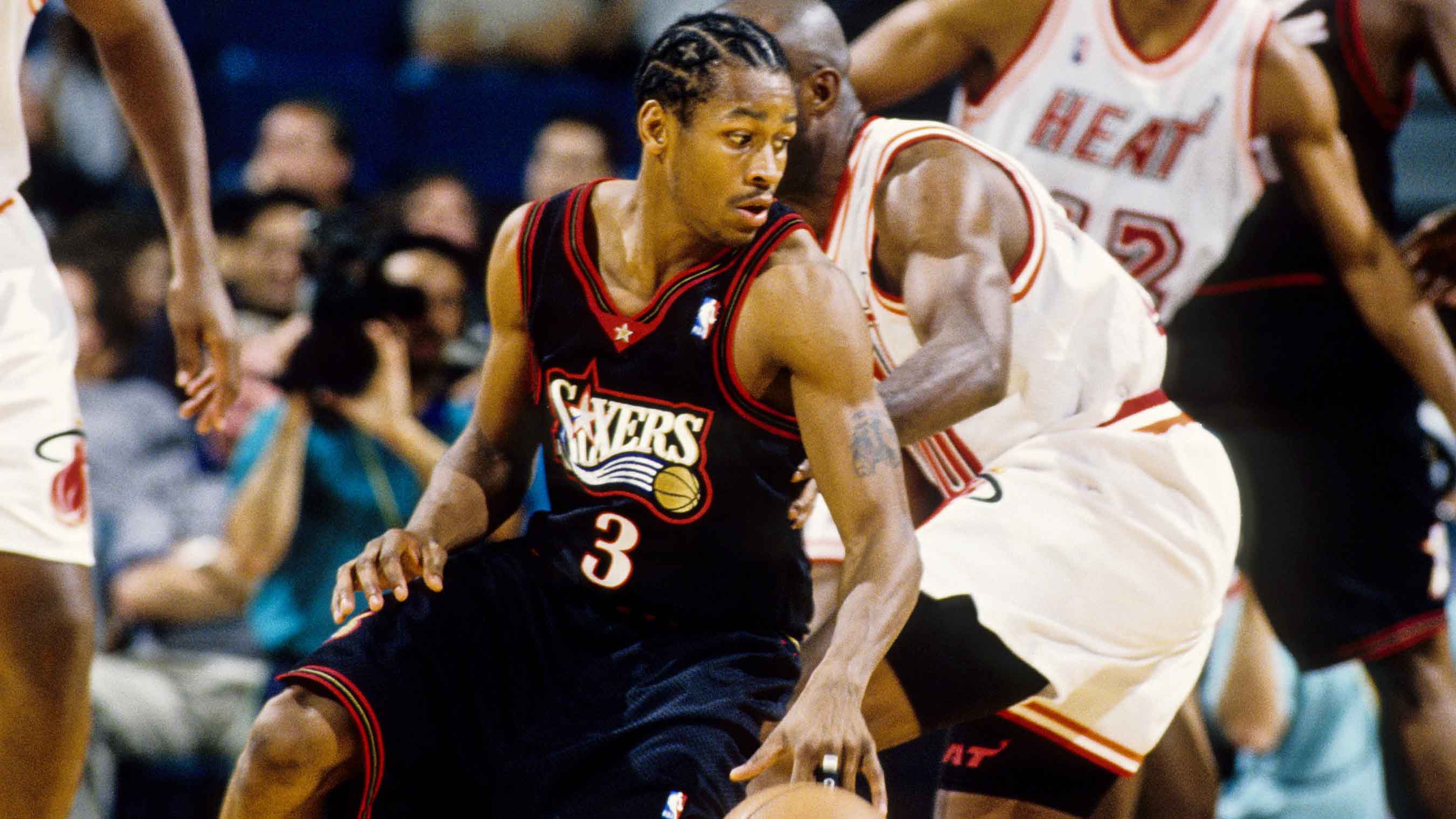
1999, 2001, 2002, 2005
The following numbers are what make Allen Iverson’s four scoring titles most impressive: 6-foot-0. Iverson entered a land of giants and still scored at will. During the 1998-1999 season, Iverson led the league with 26.8 points per game to become the shortest scoring champion in NBA history, taking that title from the 6-foot-1 Tiny Archibald, who led the league in scoring (34.0 PPG) and assists (11.1 APG) during the 1972-1973 season.
Iverson was 1.3 points per game away from winning four straight scoring titles, after averaging 28.4 points to finish second to Shaquille O’Neal (29.7) during the 1999-2000 season, and then leading the league in 2000-2001 (31.1 PPG) and 2001-2002 (31.4). His fourth and final scoring title came during the 2004-2005 season after averaging 30.7 points. The following season, AI averaged a career-high 33.0 points per game, but finished second to Kobe Bryant’s career-high 35.4.
Iverson’s career average of 26.66 points per game is seventh highest in NBA history. Eight of the top 10 players on that list are over 6-foot-5.

1953, 1954, 1955
We’ve reached a point on the list where many NBA fans might ask: “Who?!” Don’t be ashamed, even The Philadelphia Inquirer once called Johnston “Philadelphia’s forgotten Hall of Famer.” He shouldn’t be.
The 6-foot-8 center, known for his hook shot, won a championship, made six All-Star teams and led the league in scoring in 1952-1953 (22.3 PPG), 1953-1954 (24.4) and 1954-1955 (22.7). He was the second player to win three straight scoring titles after George Mikan did so in 1951.
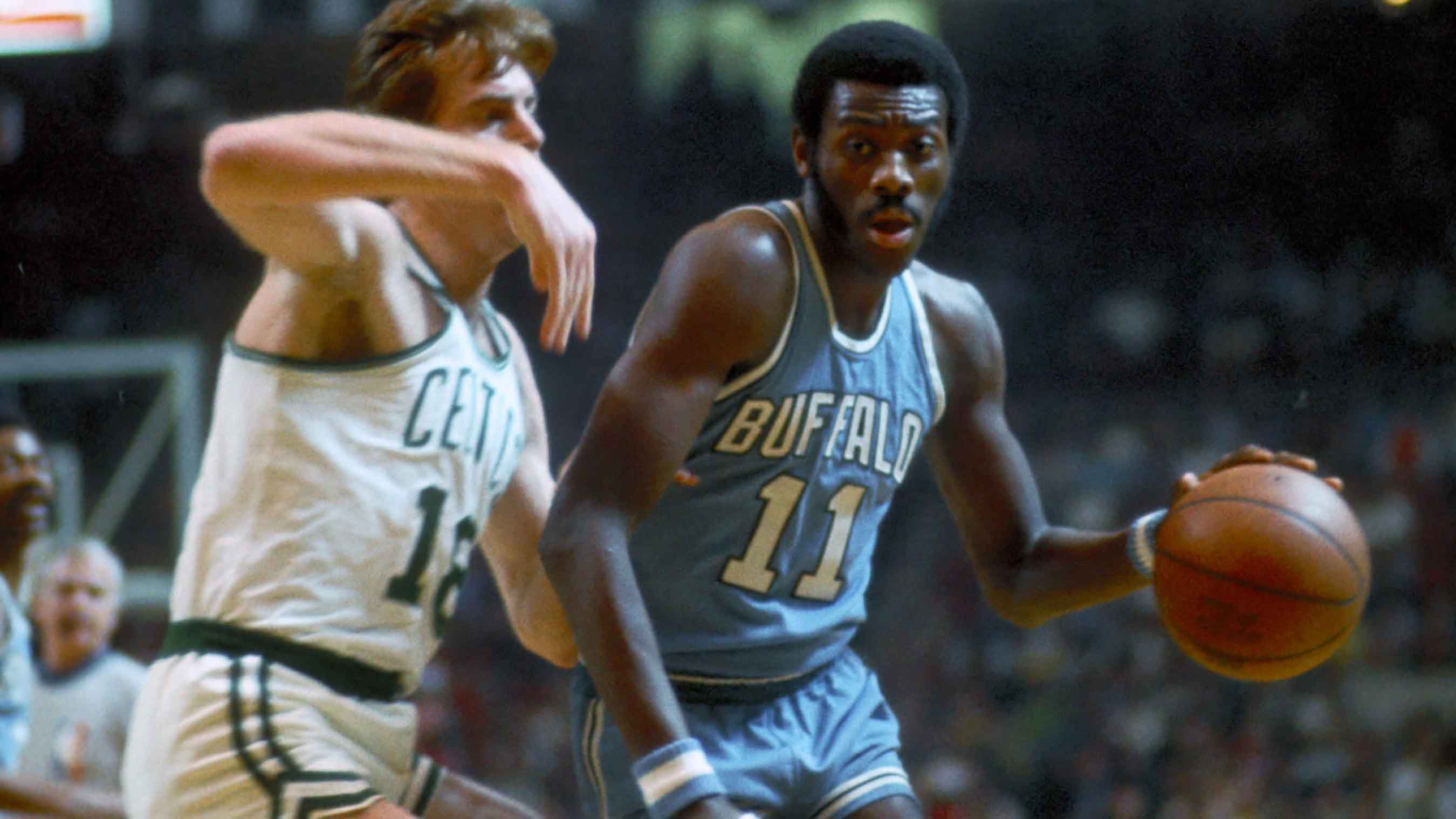
1974, 1975, 1976
Bob McAdoo wasted little time showing off his scoring prowess, winning his first scoring title in just his second season in the league with an average of 30.6 points per game. That season he also averaged 15.1 rebounds per, making him the last NBA player to average 30-plus points and 15-plus rebounds in the same season.
He followed that up with another scoring title after averaging a career-best 34.5 points per game en route to being named league MVP. The next season, his 31.1 points per game made him the first player to win three consecutive scoring titles since Wilt Chamberlain in 1966.
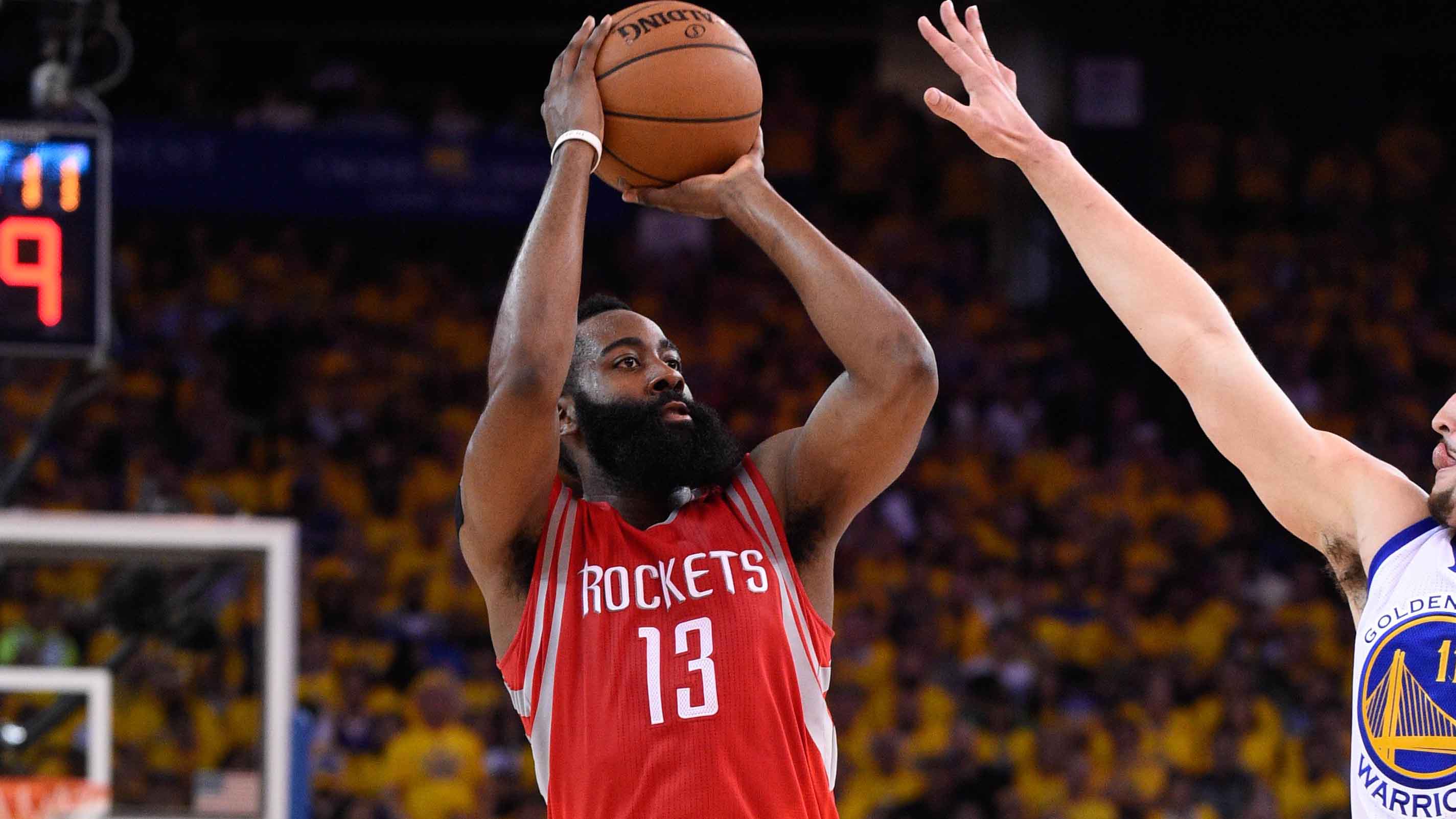
2018, 2019, 2020
Steph Curry winning the scoring title this season snapped a three-year streak by James Harden, a stretch of bucket-getting where he averaged 33.7 points per game.
His first came in the 2017-2018 season where he eclipsed the 30-PPG milestone for the first time by averaging 30.4 points. He topped that the following season by averaging 36.1 points, the seventh-highest single-season scoring mark in NBA history. He won a third straight scoring title the following season by scoring 34.3 points per game, becoming the only player other than Michael Jordan and Wilt Chamberlain to average more than 34 points in a season on multiple occasions.
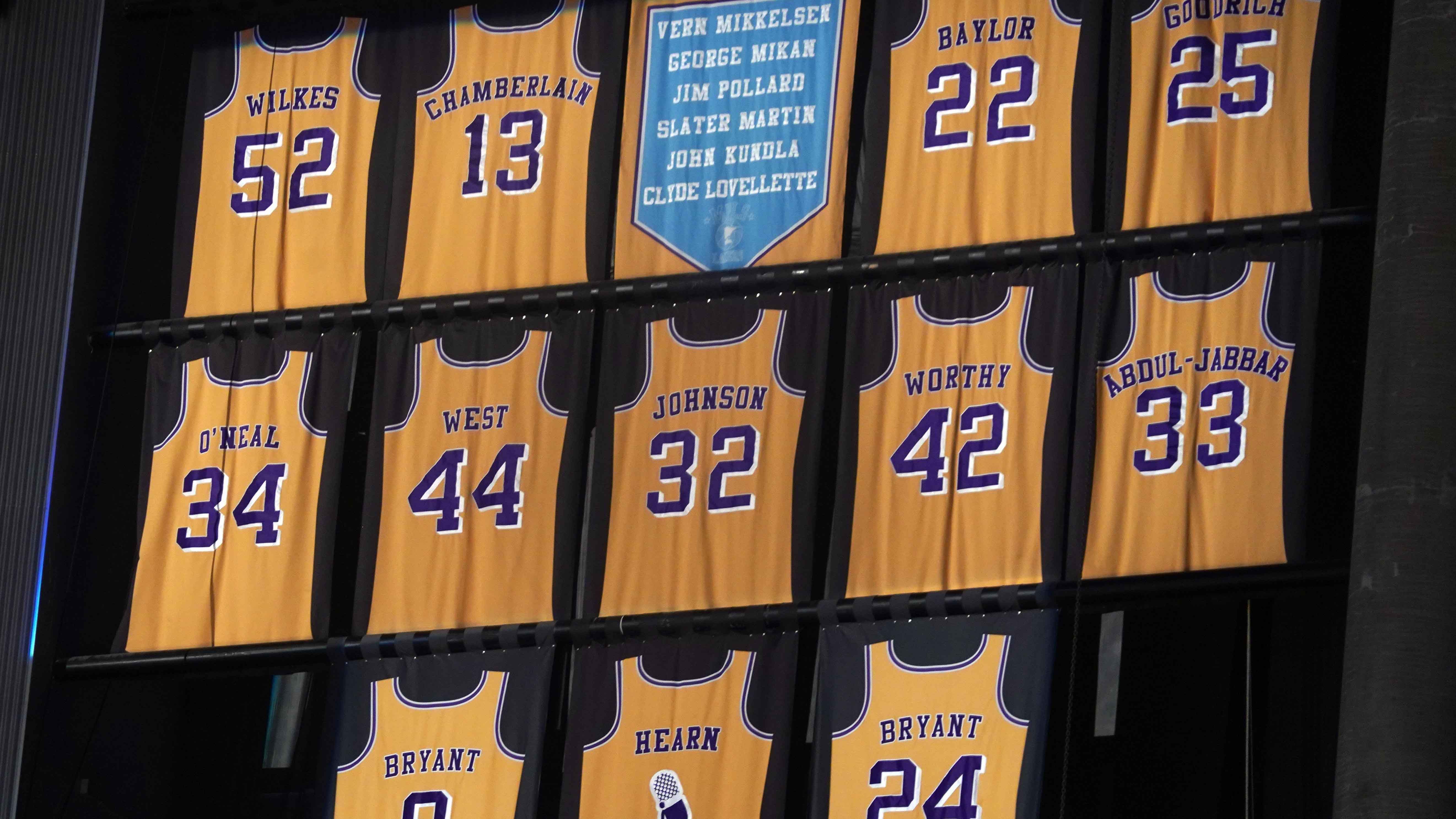
1949, 1950, 1951
The NBA’s first superstar was a trailblazer for the center position, revolutionizing the league by showing that the big man can dominate in a game that until then had been ruled by smaller and more athletic players.
The bespeckled, 6-foot-10 center had a hook shot that smaller defenders had no way of defending. With the NBA still in its infancy, Mikan took the league by storm as a rookie during the 1948-1949 season and won the first of three straight scoring titles with 1,698 points (28.3 PPG), during a time when total points scored determined the title. He’d average 27.4 points the following season and 28.4 points the next to be crowned the league’s first true scoring king.
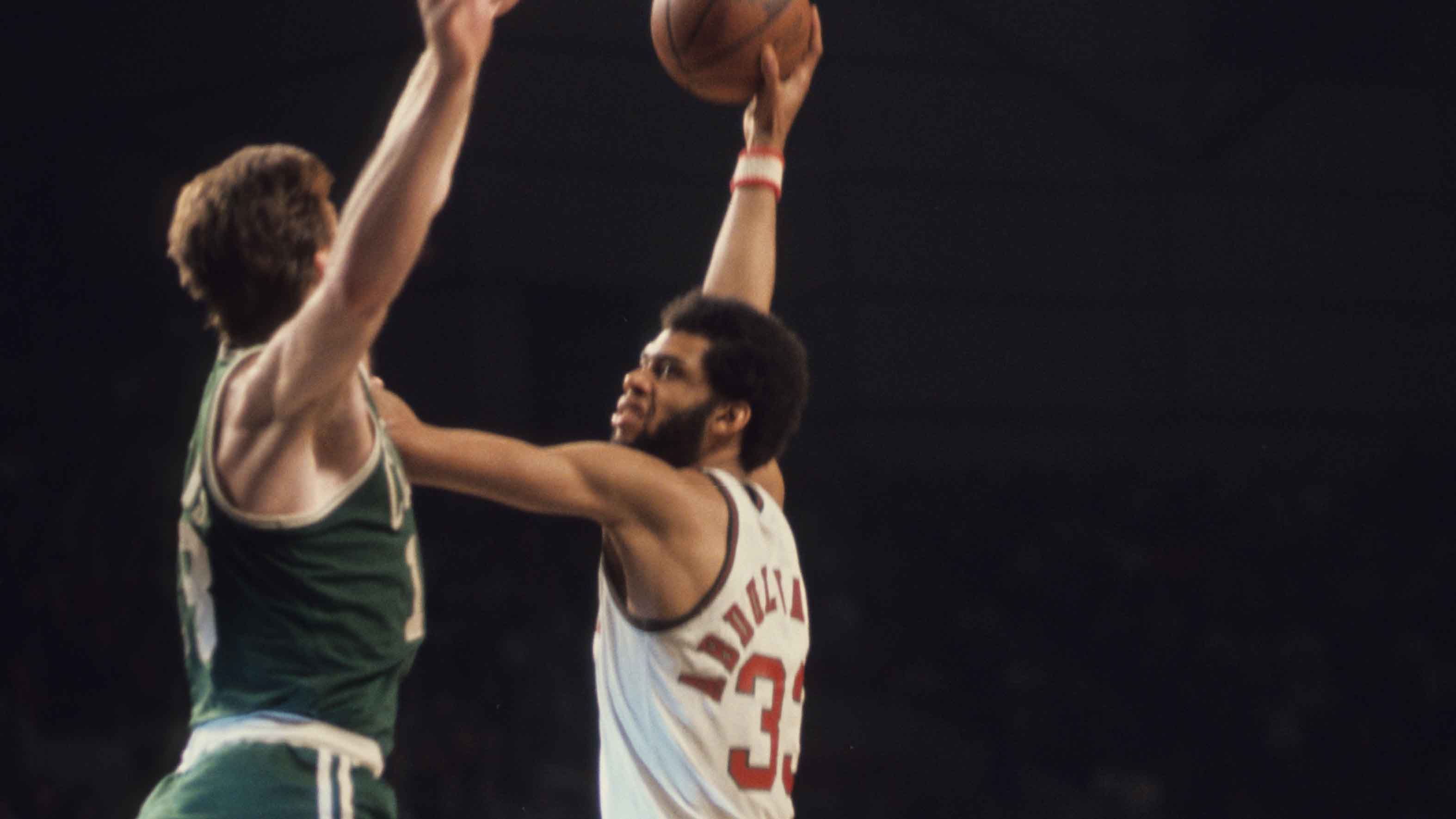
1971, 1972
How many times did the NBA’s all-time leading scorer actually lead the league in scoring?
It makes for a good trivia question because as impressive as it is to even be on this list, many might assume a player who scored 38,387 career points won the title more than twice. Kareem Abdul-Jabbar captured the first of two straight scoring titles in 1970-1971 during his second season in the league, averaging 31.7 points with the Milwaukee Bucks. He improved on that the following season by averaging 34.8 points, which is the 11th highest scoring average in NBA history.
The six-time MVP, with his unguardable skyhook, would average more than 30 points in a season twice more in his career. He averaged 25-plus points in each of his first nine seasons, and better than 20-plus points per over his first 17 seasons.

1952, 1957
In between Paul Arizin’s two scoring titles was a two-year stint in the military to serve his country.
Arizin won his first scoring after averaging 25.4 points per game in 1951-1952 during his second season in the league, which at the time was the third-highest scoring average the league had ever seen. He spent the following two years serving with the Marine Corps in the Korean War. He’d capture his second scoring title during the 1956-1957 season while scoring 25.6 points per game.
“Pitchin’ Paul” averaged better than 20 points for nine consecutive seasons.
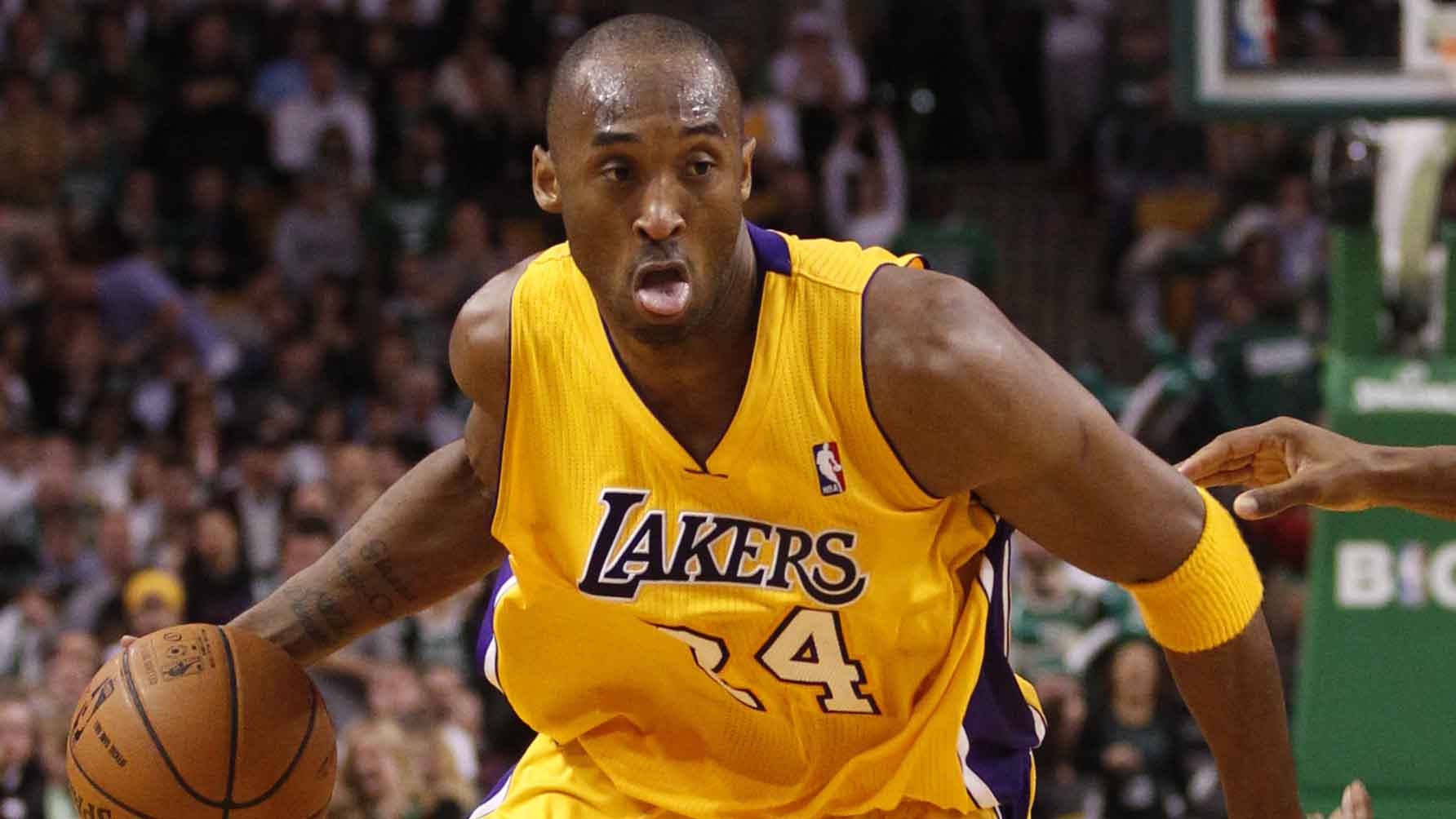
2006, 2007
81 points.
That legendary scoring performance in 2006 by Kobe Bryant, the second-highest single-game total behind Wilt Chamberlain’s 100-point game, was the highlight of his back-to-back seasons as scoring king.
Kobe, in his second post-Shaquille O-Neal season, averaged a career-high 35.4 points, the ninth-highest single-season average in league history. On Jan. 22 of that season, he dropped 81 points on the Raptors, going 28-for-46 from the field. He won a second straight scoring title the following season after averaging 31.6 points. That included a stretch of four games in March where he scored 65, 50, 60 and 50.
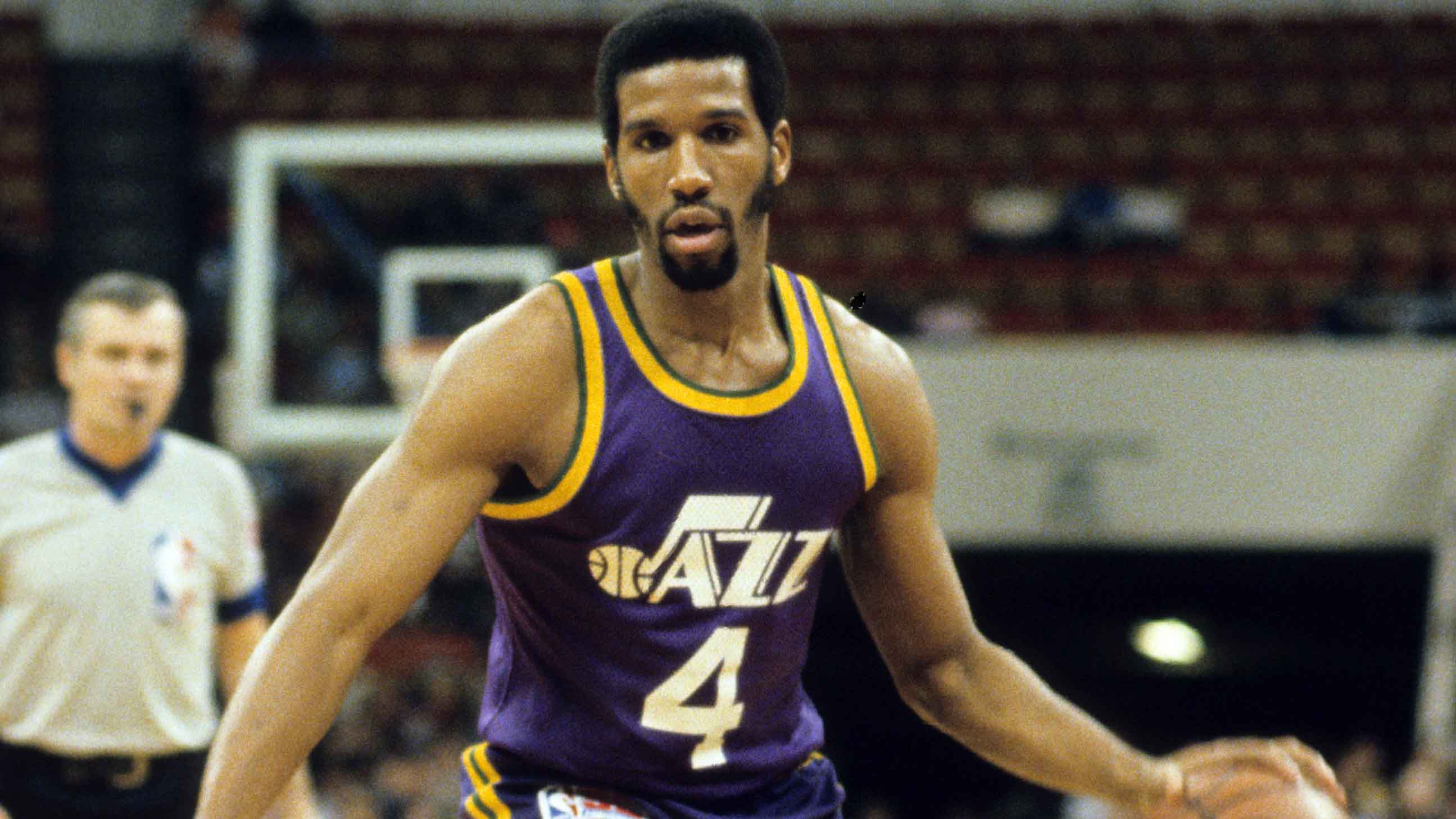
1981, 1984
Adrian Dantley bookended four straight seasons of averaging 30-plus points with two scoring titles.
After being traded from the Los Angeles Lakers to the Utah Jazz prior to the 1980-1981 season, Dantley went on to lead the league in scoring with an average of 30.7 points per game. He took the title back during the 1983-1984 season after averaging 30.6 points per game. When he retired after the 1990-1991 season, he was ninth on the all-time scoring list with 23,177 points on 54 percent shooting.
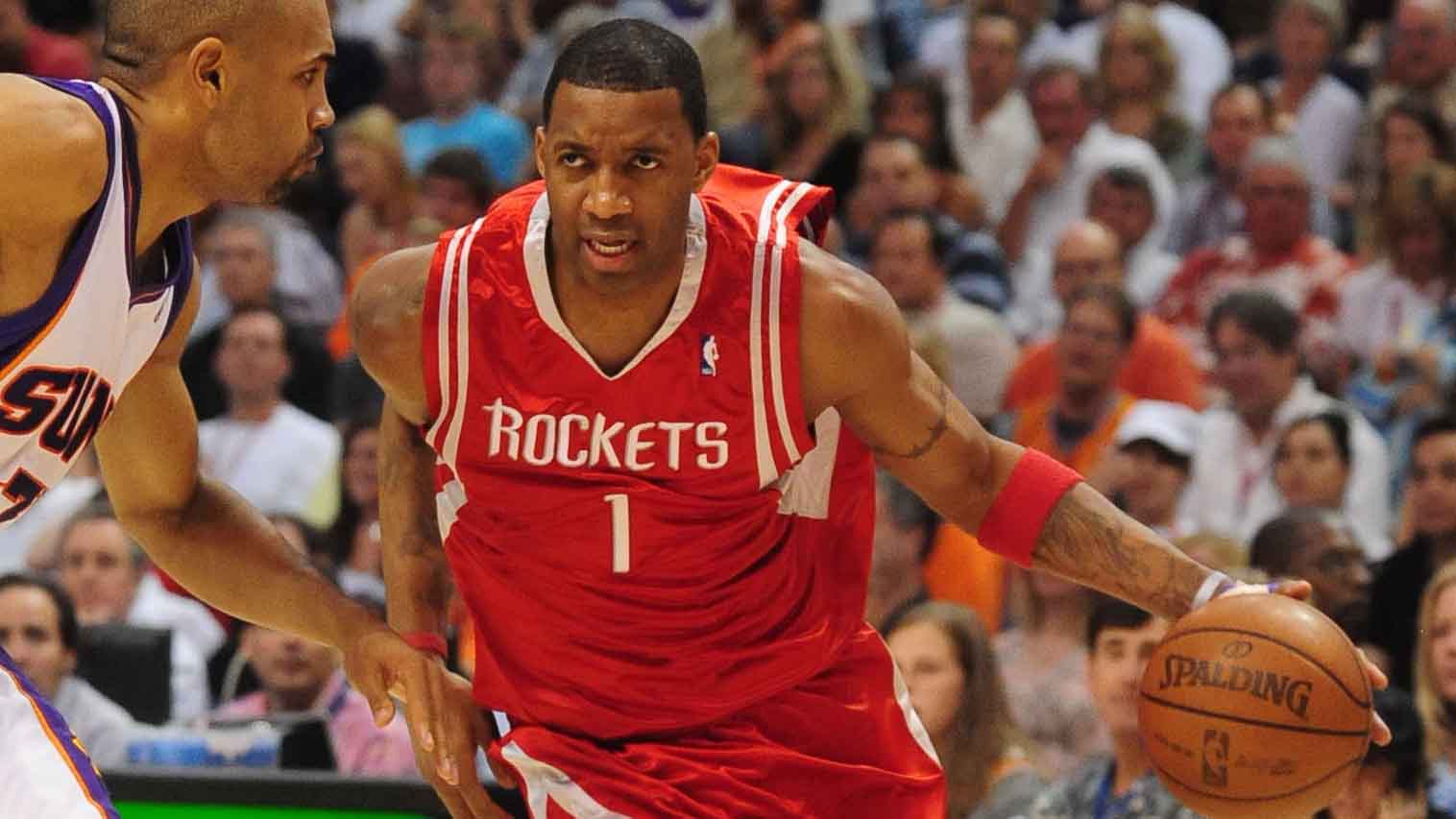
2003, 2004
Tracy McGrady entered the NBA’s scoring pantheon after departing the Toronto Raptors, where his cousin Vince Carter was the first option, and signing with the Orlando Magic in 2000.
T-Mac won his first scoring title after averaging a career-high 32.1 points per game during the 2002-2003 season. He added another the following season after leading the league with an average of 28.0 points per game. At the time, McGrady became just the eighth player in league history to win back-to-back scoring titles.
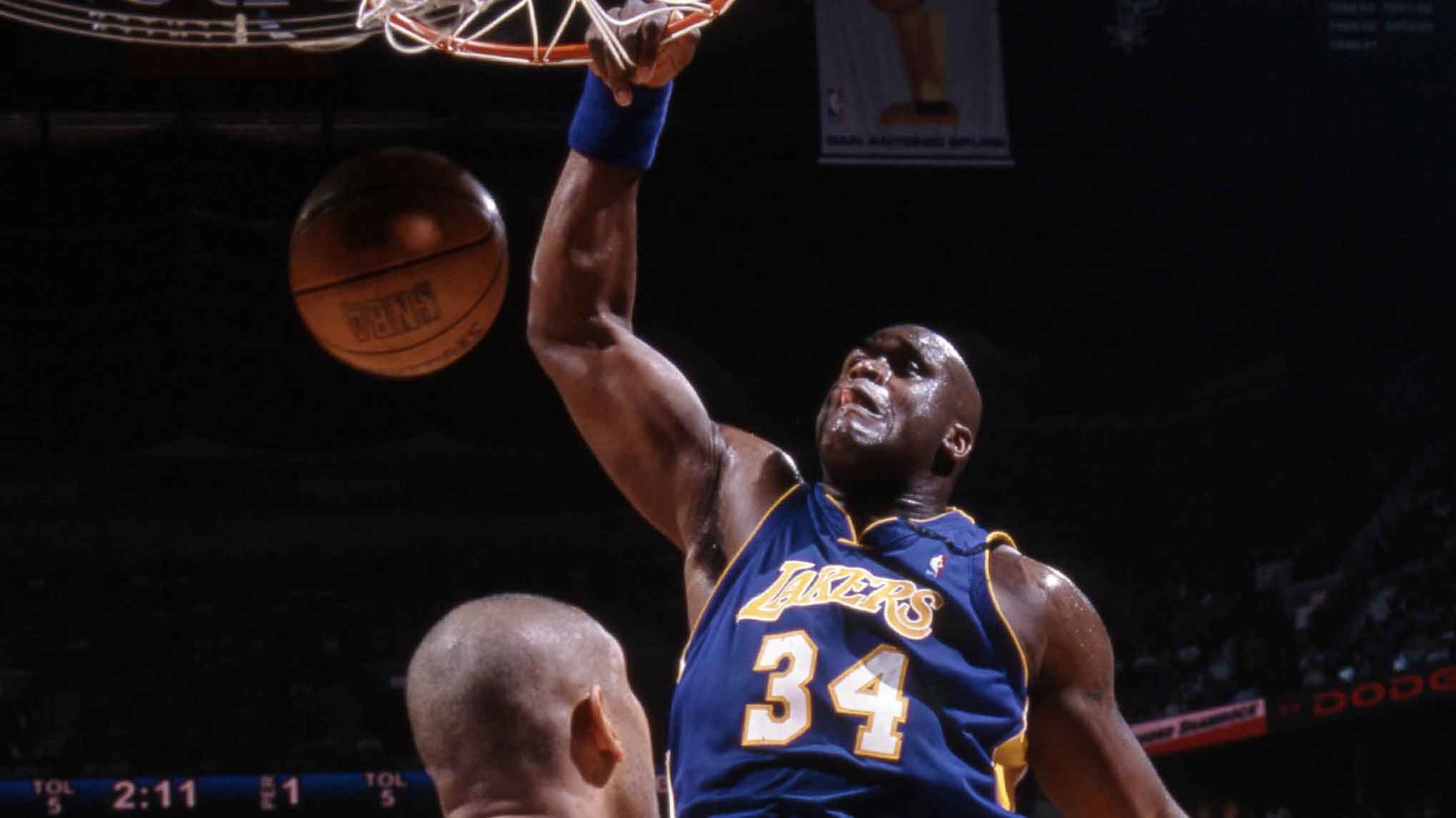
1995, 2000
Had Shaquille O’Neal had been a better free throw shooter, he’d be a lot higher on this list. But the charity stripe was about the only thing that could stop Shaq on the court.
He won his first scoring title in his third season with the Orlando Magic, averaging 29.3 points per game. That would have been his second straight title had it not been for David Robinson’s 71-point performance in the final game of the 1993-1994 regular season, which gave him an average of 29.8 points per game to top Shaq’s 29.3.
O’Neal captured another scoring crown during the 1999-2000 season with the Lakers with a career-high average of 29.7 points per game.
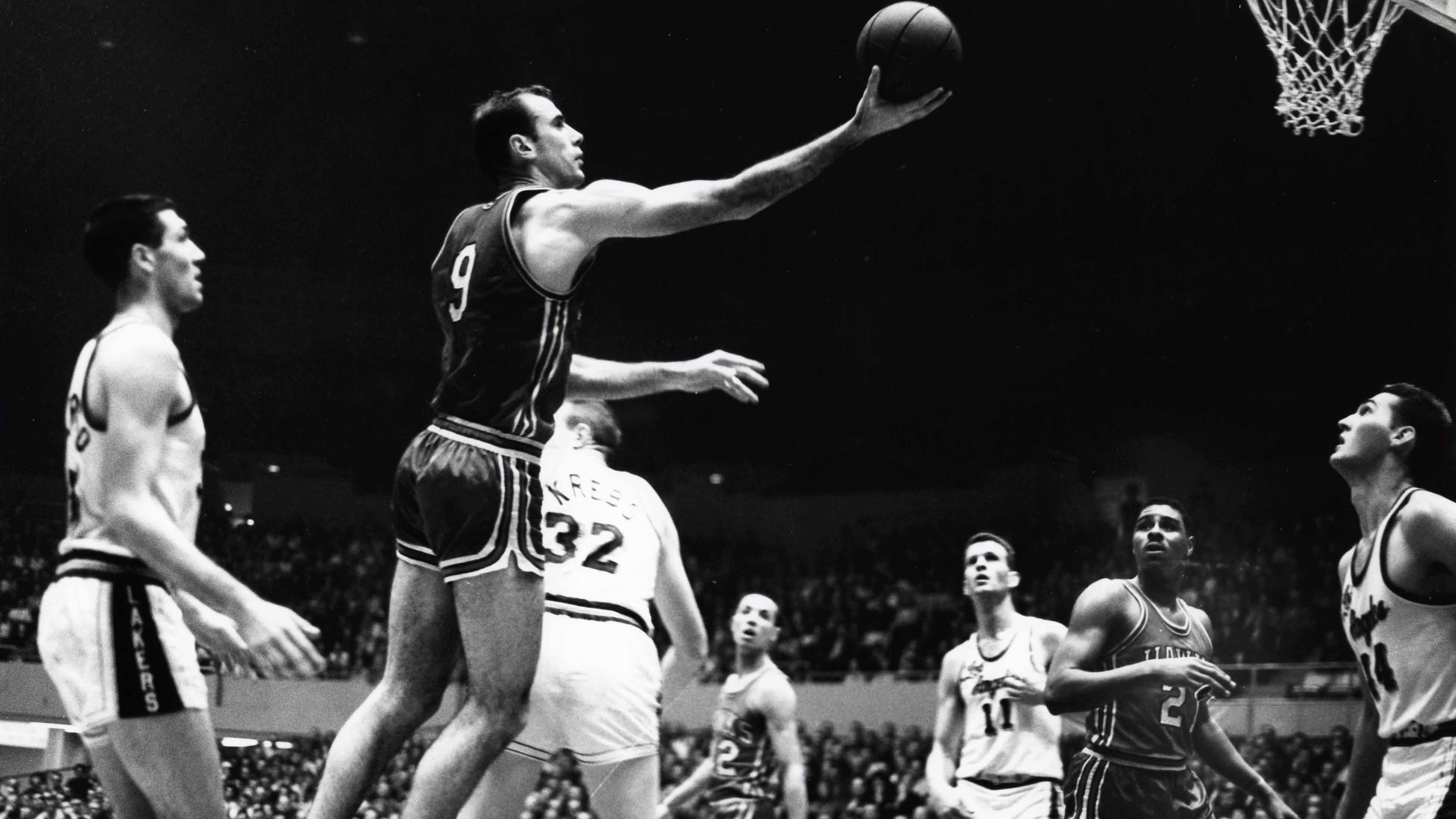
1956, 1959
When Bob Pettit retired in 1965, he had scored more points than any player in NBA history with 20,880.
Along the way he won Rookie of the Year, was named the league’s first MVP, won a championship with the St. Louis Hawks and averaged over 20 points a game in all 11 seasons he played. And of course, he won two scoring titles: the first in 1955-1956 after averaging 25.7 points per game, and the second in 1958-1959 with a career-high average of 29.2 points.
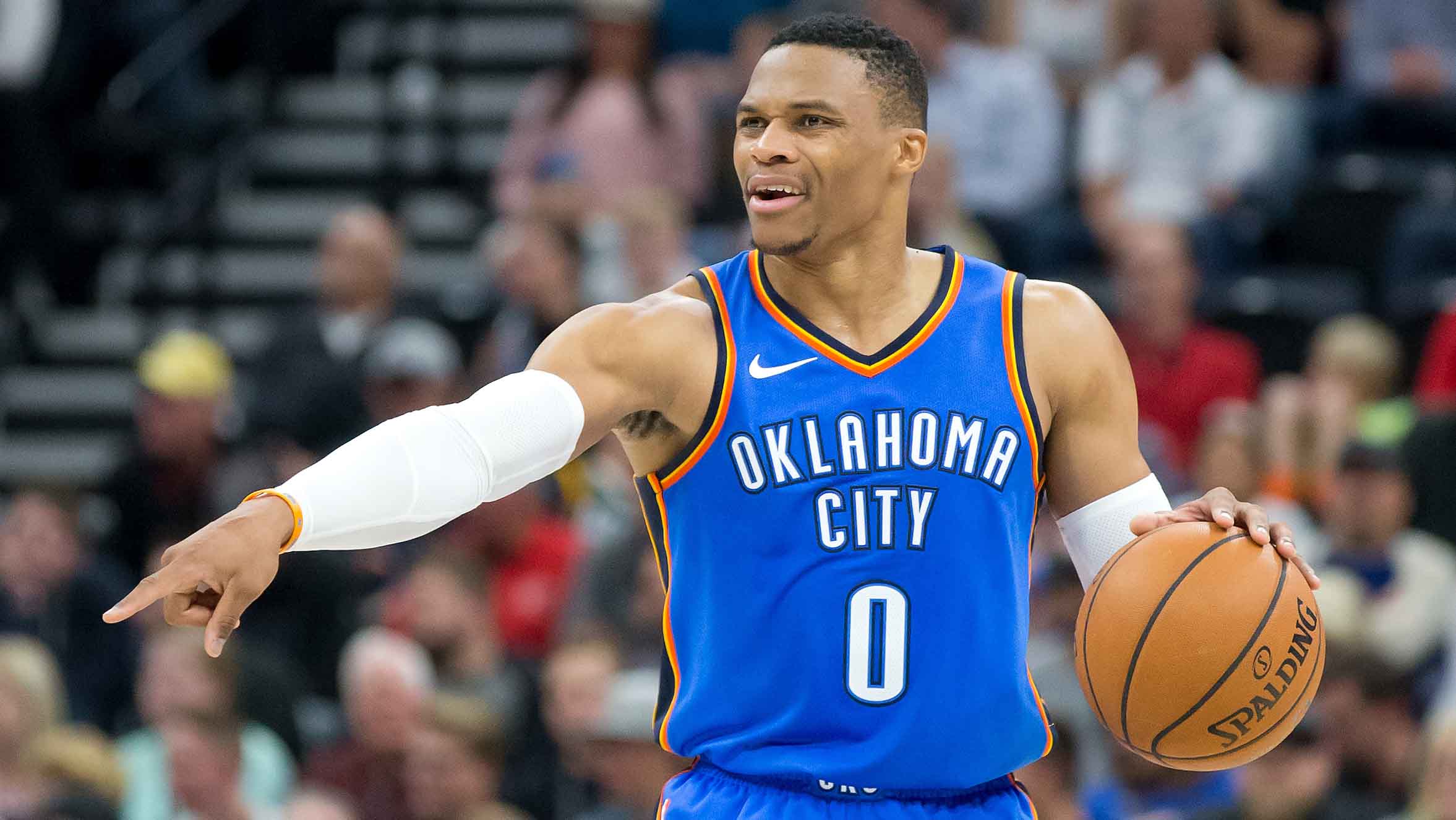
2015, 2017
Many have won the scoring title, but only one player has done so while averaging a triple-double.
Russell Westbrook first led the league in scoring during the 2014-2015 season after averaging 28.1 points per game. His most historic season came in 2016-2017 when he won the scoring title with a career-high 31.6 points per game, while also averaging 10.7 rebounds and 10.4 assists to become the only player other than Oscar Robertson to average a triple-double for an entire season (something Russ has now done four times).
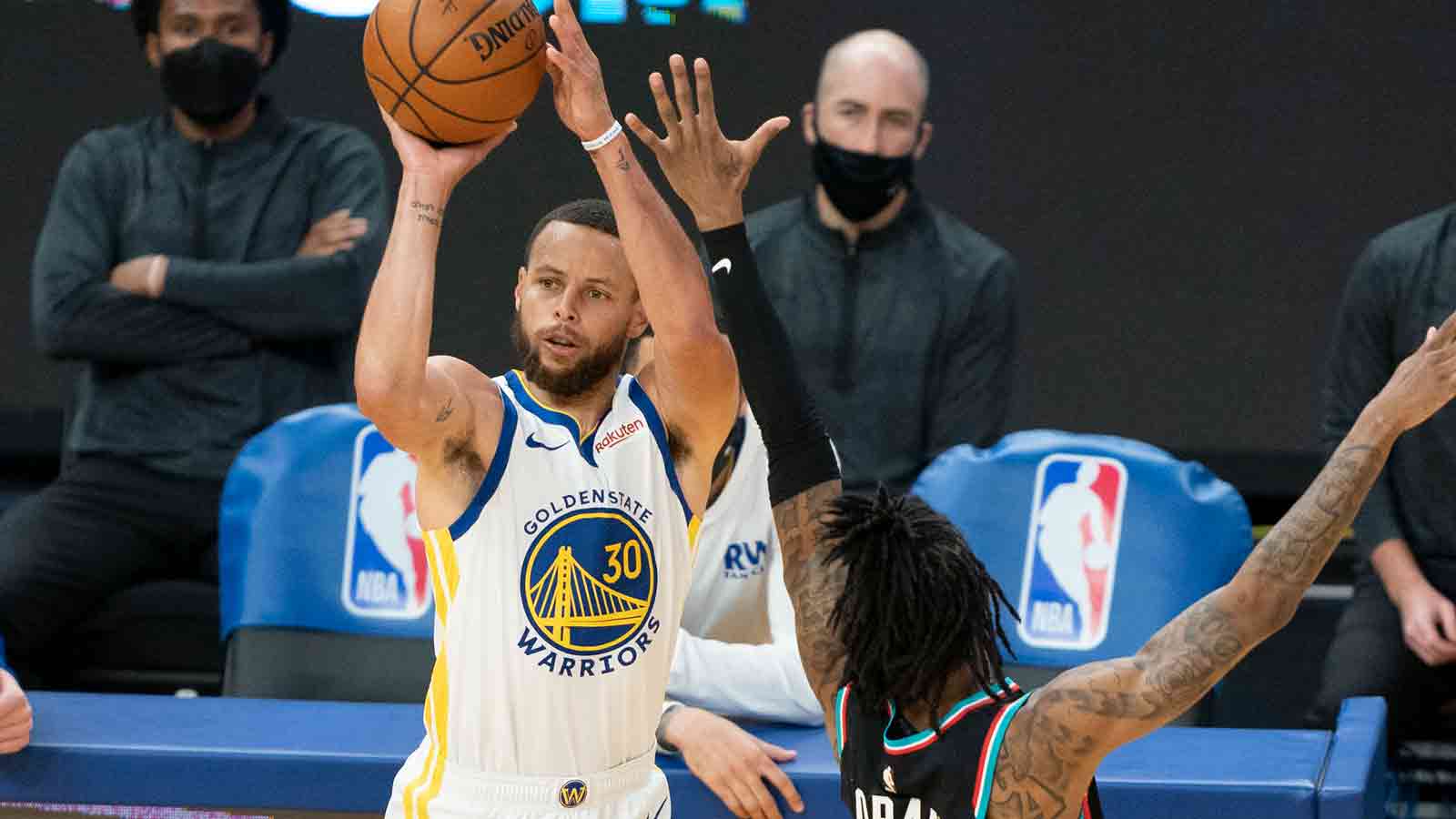
2016, 2021
The newest member of the club was inducted on Sunday.
Steph Curry captured his second scoring title with a career-best average of 32.0 points per game, just edging out Bradley Beal in the scoring race. Steph dropped 44 points in the regular-season finale, his 11th 40-plus point game of the season. He also scored 30-plus points in 13 games in April, hitting 96 3s in one month to set an NBA record. The 33-year-old star became the oldest player to lead the league in scoring since Michael Jordan did so in 1997-1998 at the age of 34.
Curry won his first scoring title in 2015-2016 after averaging 30.1 points per game.
He joins Michael Jordan, Kareem Abdul-Jabbar and Wilt Chamberlain as the only players in league history to win multiple MVPs, multiple championships and multiple scoring titles.
Mike Gavin contributed to this story

